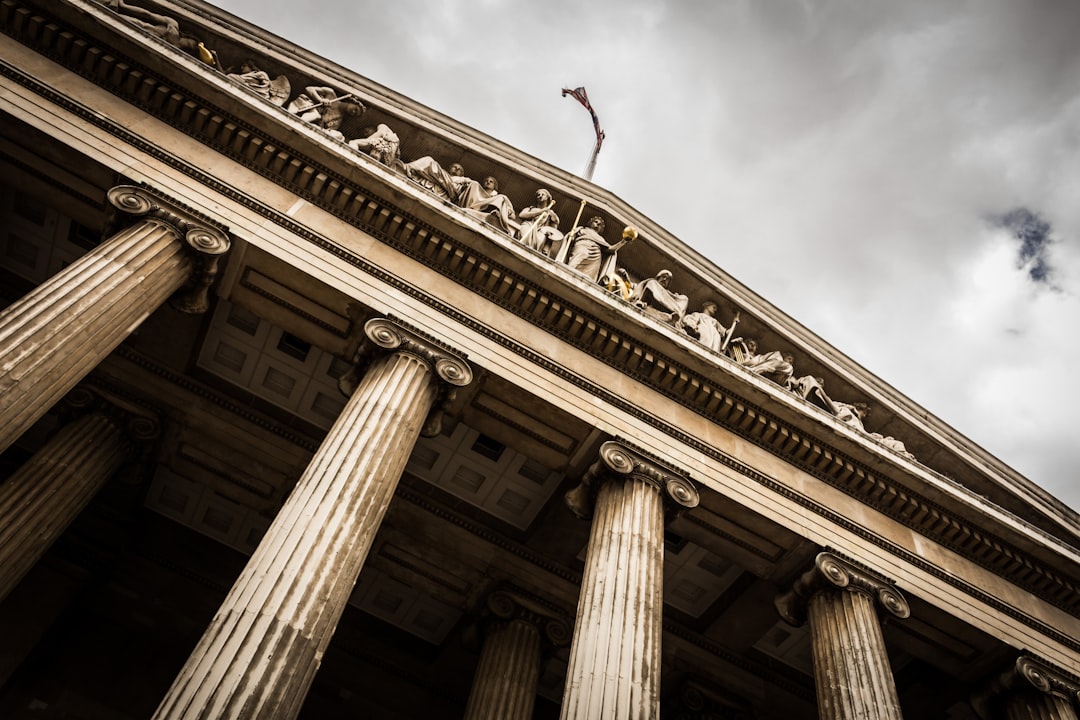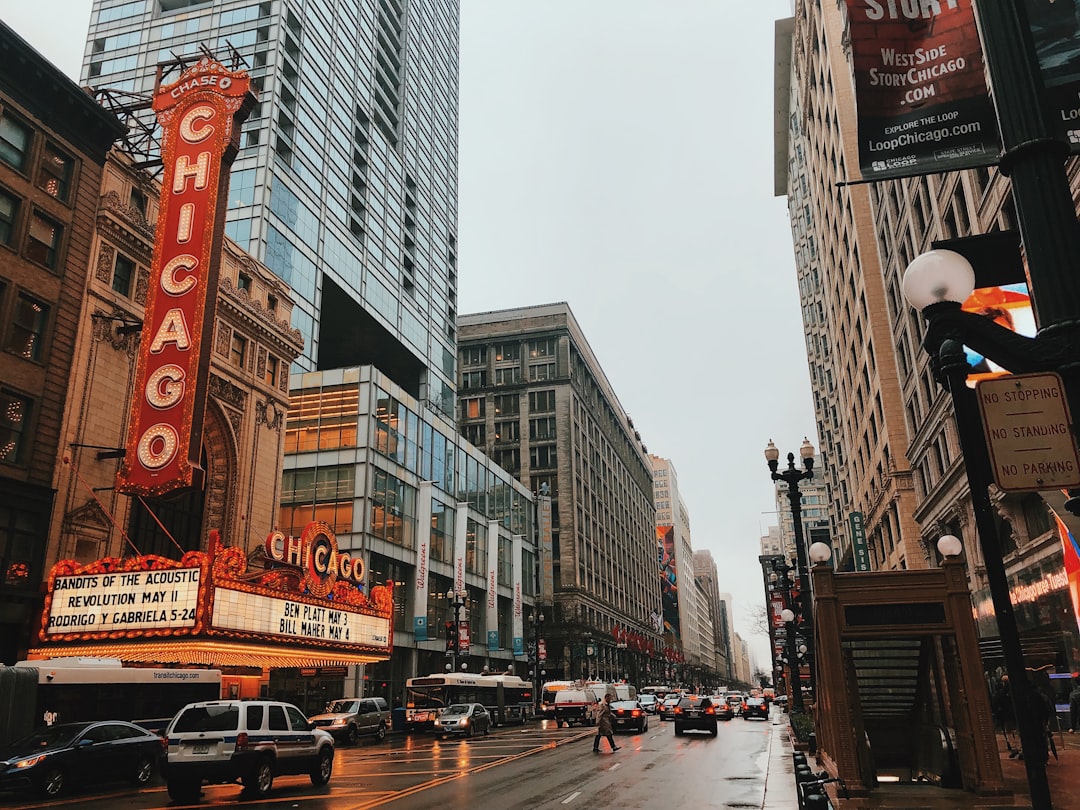In the digital age, social media platforms like Twitter, Facebook, and Instagram play a crucial role in exposing and addressing school abuse allegations in Illinois. These platforms facilitate discussions, awareness, and support for survivors, impacting cases and client outcomes. Legal professionals must stay current with platform trends and navigate diverse community perspectives to serve clients effectively both online and offline. Social media evidence is increasingly used to strengthen cases against perpetrators, with successful examples on Instagram uncovering hidden behaviors. Schools in Evanston should prioritize digital safety through workshops, parent engagement, and collaboration with school abuse attorneys to foster safer online environments.
In the digital age, social media has become an integral part of daily life, especially for younger generations. This article explores the profound impact of social media on Evanston, Illinois, abuse cases, particularly involving educational institutions. We delve into the online landscape, where allegations often surface, and examine its role in shaping legal strategies. From evidence presentation to misinformation prevention, this comprehensive guide highlights the need for legal professionals specializing in school abuse to navigate this digital terrain effectively.
Understanding Evanston's Social Media Landscape
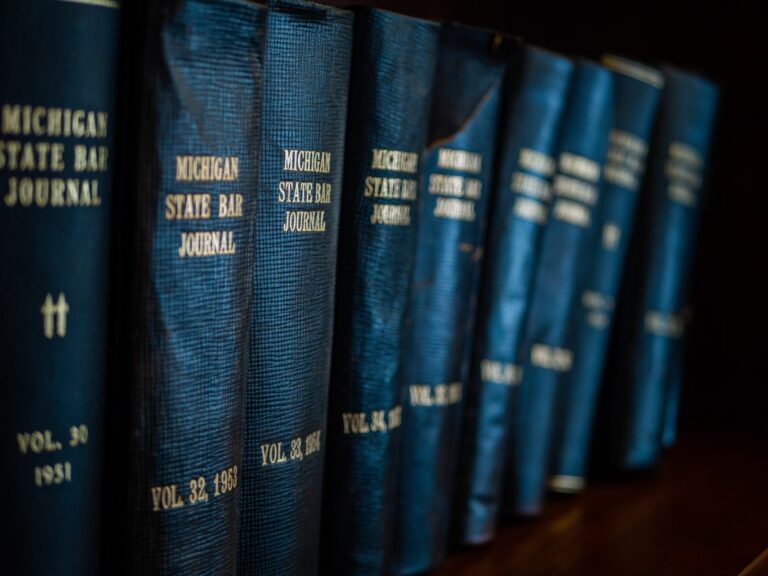
In the digital age, understanding Evanston’s social media landscape is crucial for anyone involved in legal matters, particularly those concerning sensitive issues like school abuse. Illinois, with its progressive legal framework and tech-savvy population, has seen a surge in online discussions around such cases. Platforms like Twitter, Facebook, and Instagram play a significant role in sharing information, raising awareness, and mobilizing support. For a school abuse attorney in Evanston, this means navigating an interconnected web of public opinion, official statements, and personal narratives that can sway cases and impact client outcomes.
Evanston’s diverse community brings unique perspectives to social media conversations around school abuse. Legal professionals must be adept at interpreting these discussions to effectively communicate with clients, prepare cases, and represent their interests both online and offline. By staying abreast of the latest trends, algorithms, and user behaviors on various platforms, a school abuse attorney can ensure they provide the best possible service in an ever-evolving digital landscape.
The Role of Online Platforms in Abuse Allegations

In today’s digital age, online platforms play a significant role in shaping public discourse and revealing hidden truths, including allegations of school abuse. Social media has become a powerful tool for survivors to share their stories and raise awareness about potentially harmful situations. With just a few clicks, individuals can connect with like-minded people, gain support, and even prompt investigations by reaching out to local school abuse attorneys in Illinois or other relevant authorities. This shift towards online reporting has accelerated the process of bringing alleged perpetrators to justice.
Furthermore, these platforms offer a space for community engagement and education. Many advocates use social media to disseminate information about the signs of abuse, available resources, and support networks. By leveraging hashtags and targeted campaigns, they can reach a wide audience, especially young people who may be at risk or reluctant to speak out. This digital activism contributes to a collective effort to create a safer environment and ensure that victims feel empowered to seek justice.
Legal Implications for School and Educational Institutions
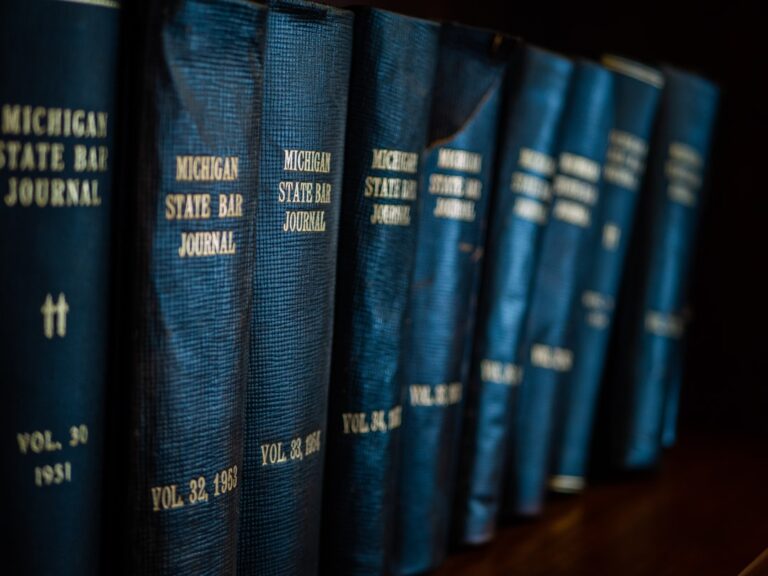
In the digital age, social media has become an integral part of daily life, especially for students. While it offers numerous benefits, its impact on sensitive issues like school abuse cannot be overlooked. In Illinois, where a significant number of cases involve allegations against educational institutions, social media plays a complex role. One of the legal implications is the potential for evidence to be uncovered through public posts and messages, aiding school abuse attorneys in building robust cases.
However, this also presents challenges. The anonymity and reach of online platforms can make it difficult to verify claims, leading to concerns about false accusations. Educational institutions must navigate these waters carefully, ensuring they address genuine issues while protecting the rights of both students and their reputations. This delicate balance is crucial in maintaining a safe learning environment and mitigating potential legal consequences for schools and school abuse attorneys in Illinois.
Case Studies: How Social Media Evidence is Used

In the digital age, social media has emerged as a powerful tool in legal proceedings, especially in cases involving school abuse in Illinois. Case studies reveal that prosecutors and school abuse attorneys are increasingly utilizing social media evidence to build robust cases against accused perpetrators. Platforms like Instagram, Twitter, and Facebook provide a window into the personal lives of individuals, offering insights that can be crucial for investigations. For instance, posts, messages, and photos shared on these networks can expose patterns of suspicious behavior or even direct admissions, aiding in the identification of potential abuse.
The use of social media evidence has significantly enhanced the ability to hold accountable those who may have otherwise evaded detection. School abuse attorneys in Illinois have successfully used Instagram to uncover hidden relationships and activities that indicate abuse or grooming behaviors. Twitter and Facebook messages can provide timelines of interactions, while public posts might reveal patterns of manipulation and control. This digital footprint becomes a vital component in building a compelling case, ensuring justice for victims and holding perpetrators accountable.
Strategies for Protecting Students and Preventing Misinformation
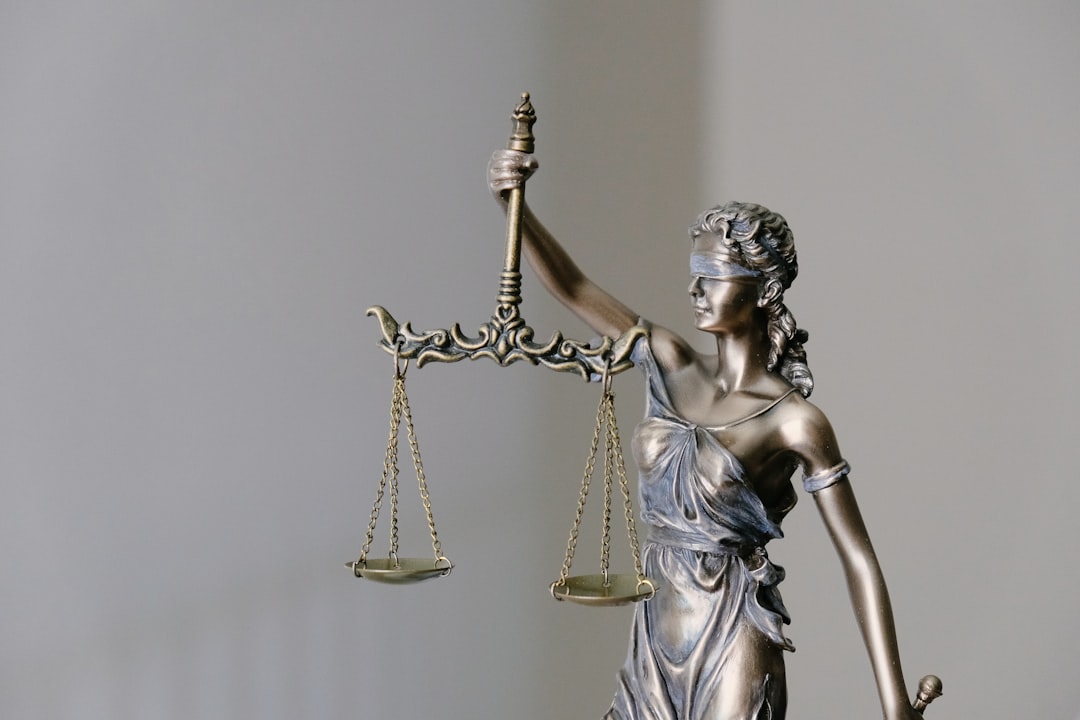
In light of the increased digital presence, it’s crucial to implement robust strategies that protect students and prevent misinformation, especially in the context of Evanston abuse cases. One effective approach is to educate both students and staff about online safety measures, including recognizing and reporting suspicious activities on social media. Schools can organize workshops and seminars to raise awareness about potential threats and teach them how to navigate social media responsibly.
Engaging parents and guardians through regular communication is another vital strategy. School administrators should encourage open dialogue regarding online activity and its potential risks. Furthermore, utilizing verified sources and consulting a school abuse attorney in Illinois can help establish guidelines for handling allegations and ensuring the accuracy of information shared on social media. This collaborative approach fosters a safer digital environment while promoting a culture of transparency and accountability.




